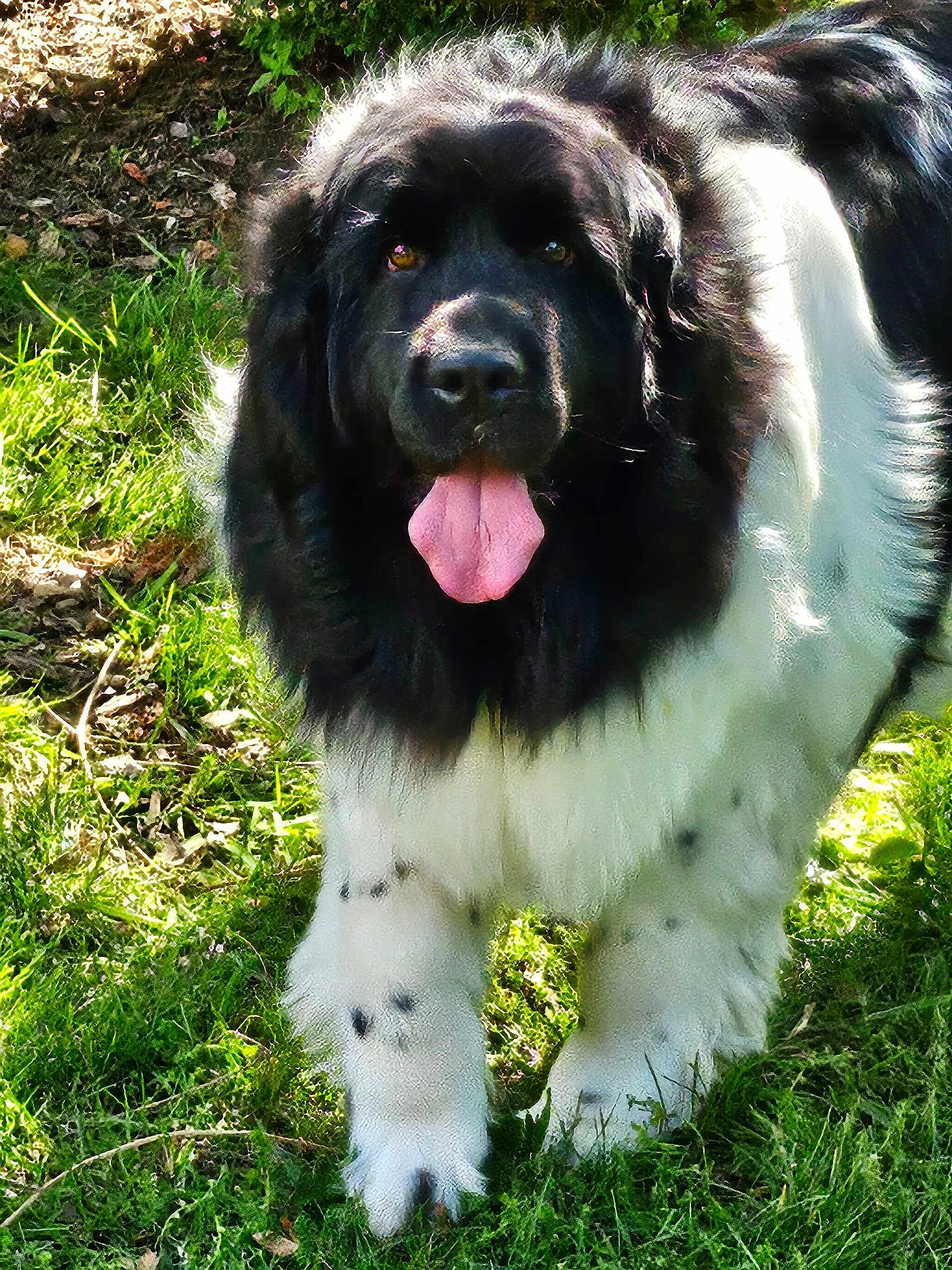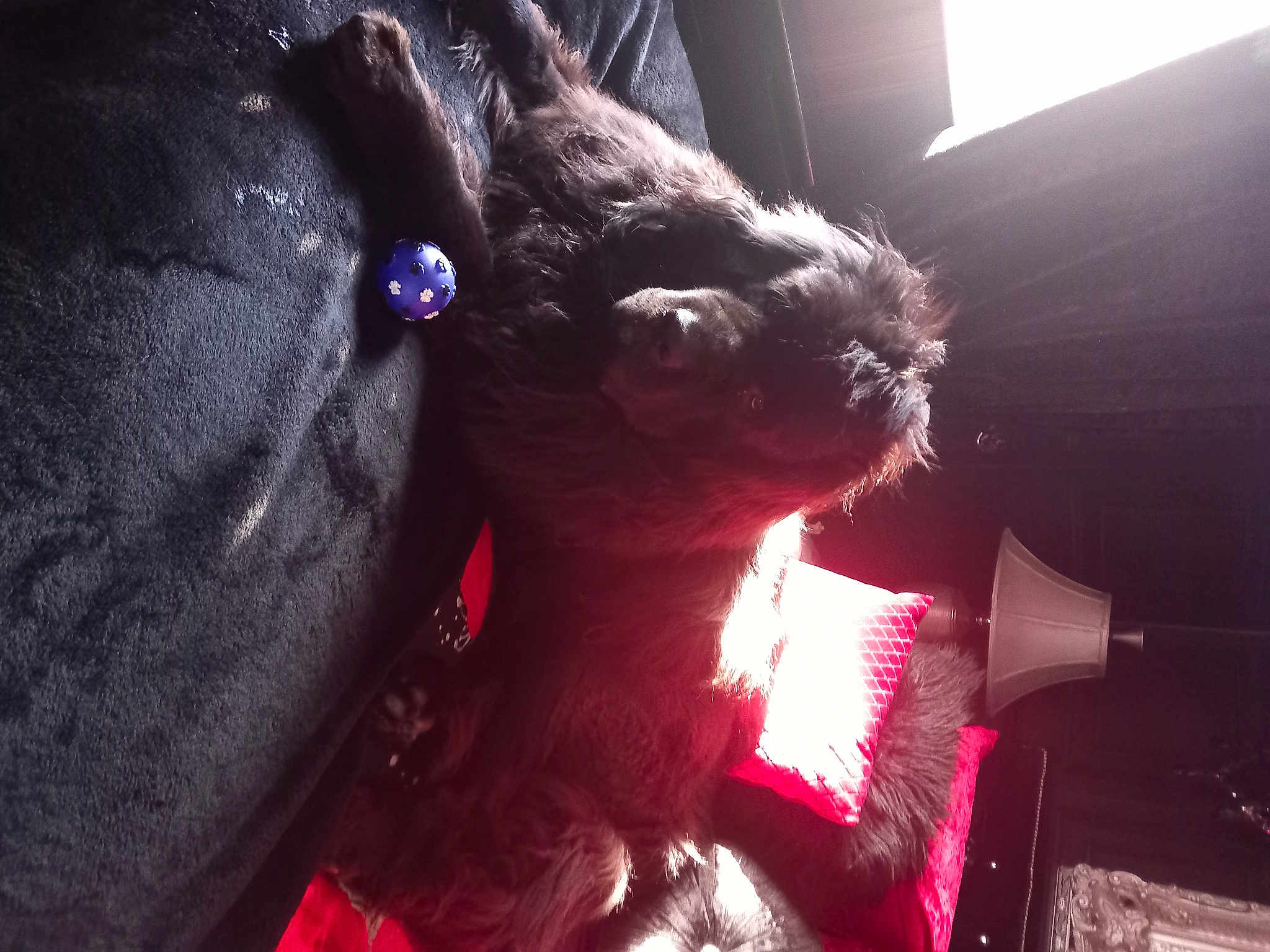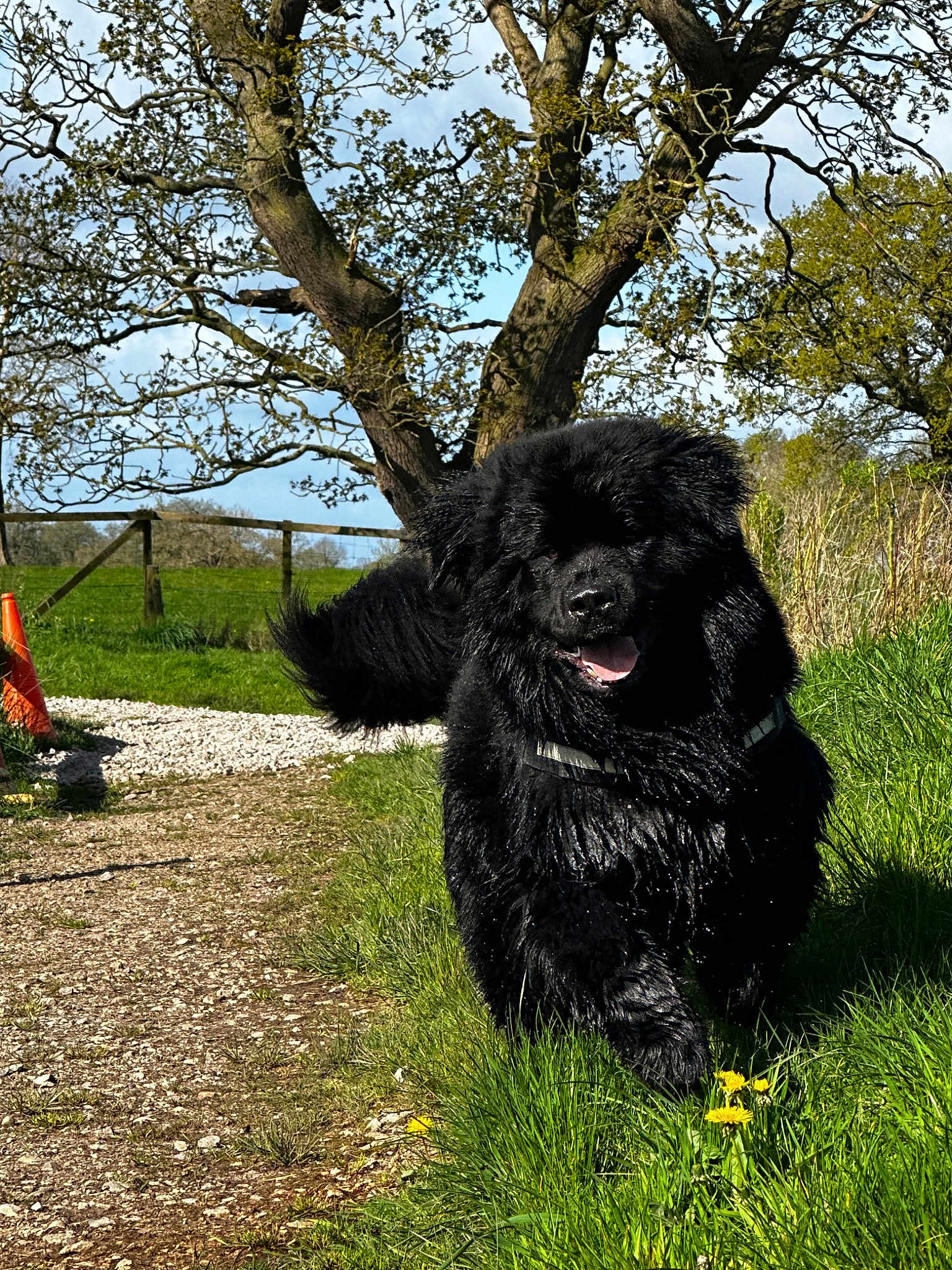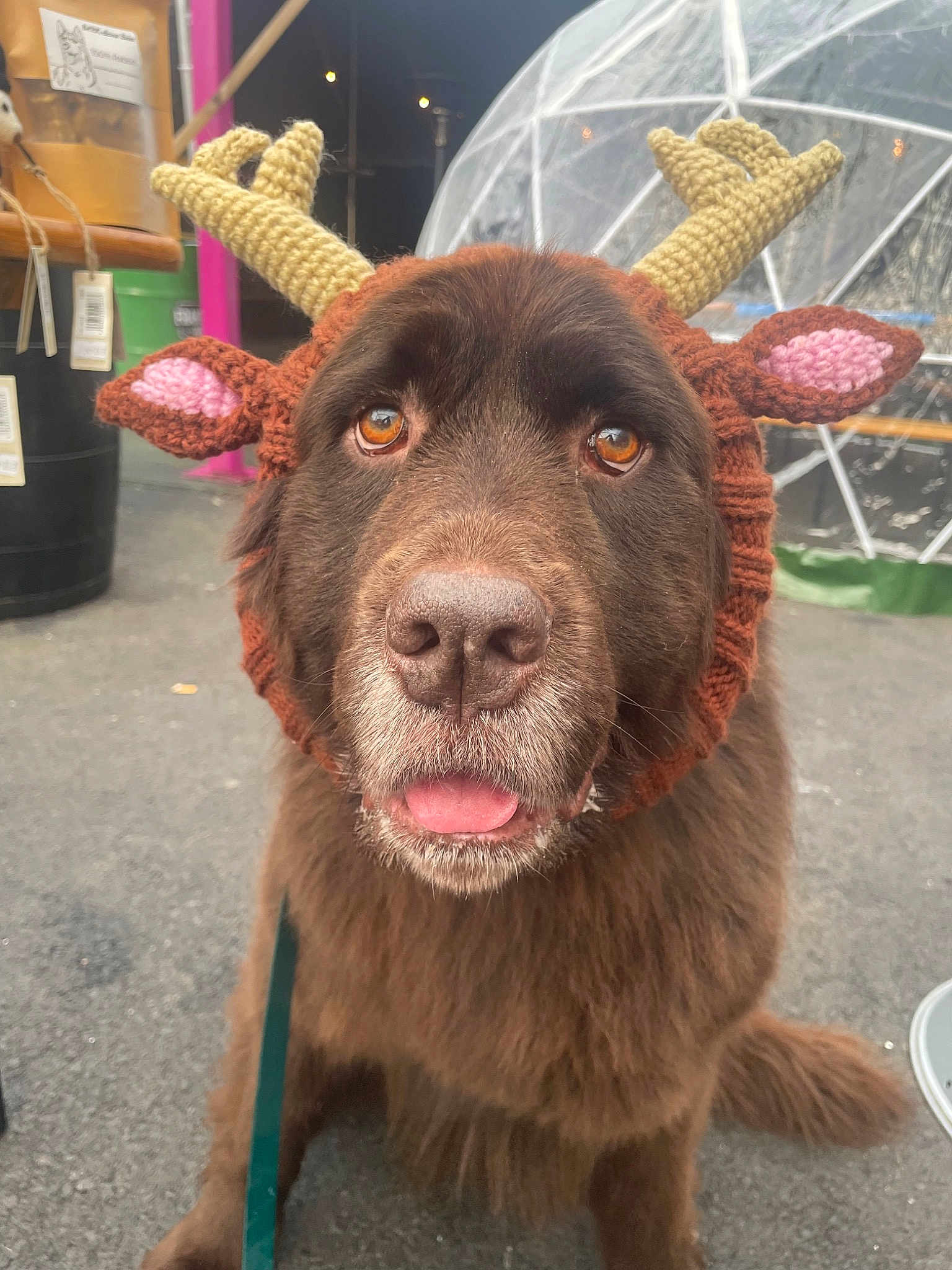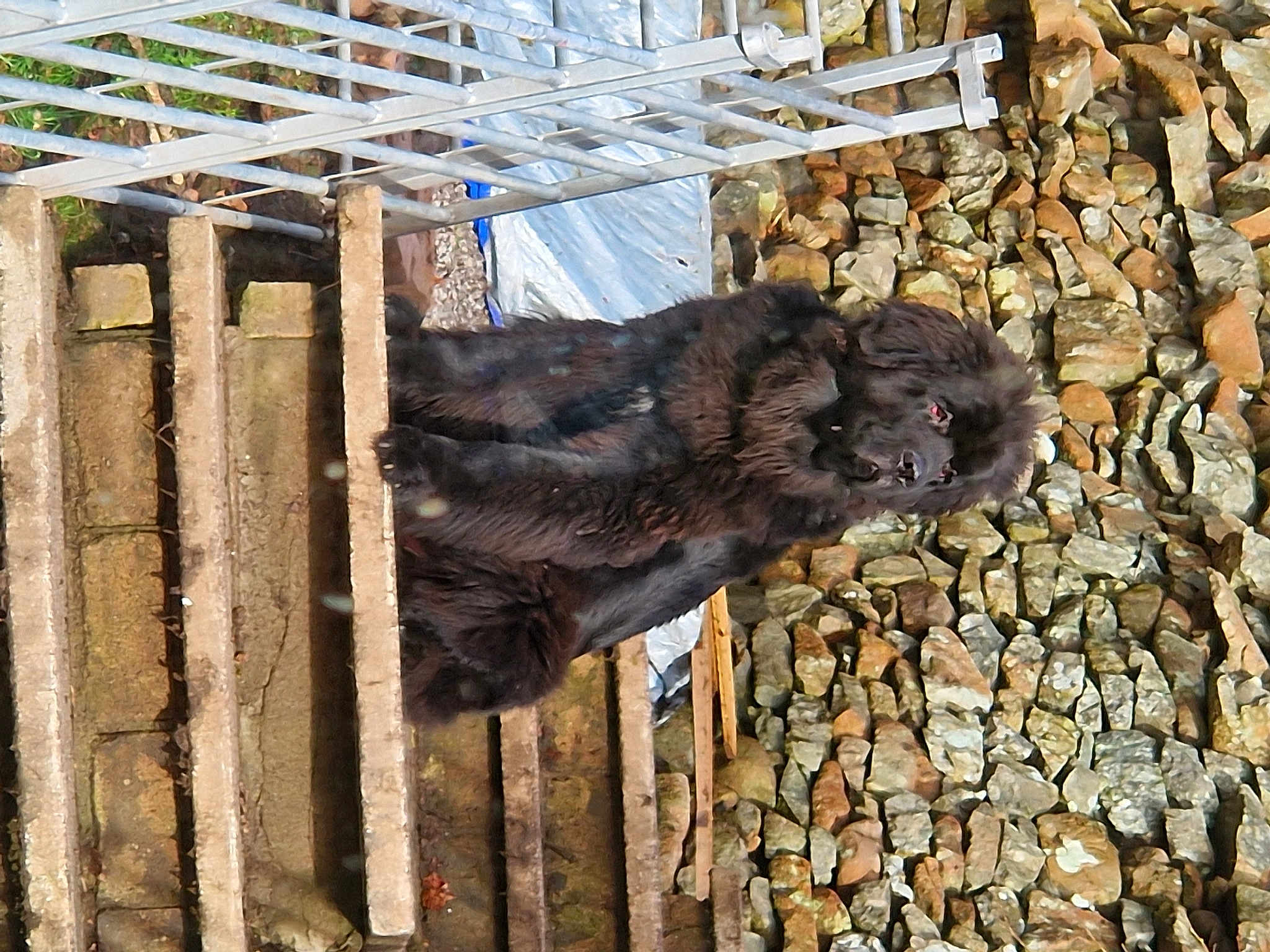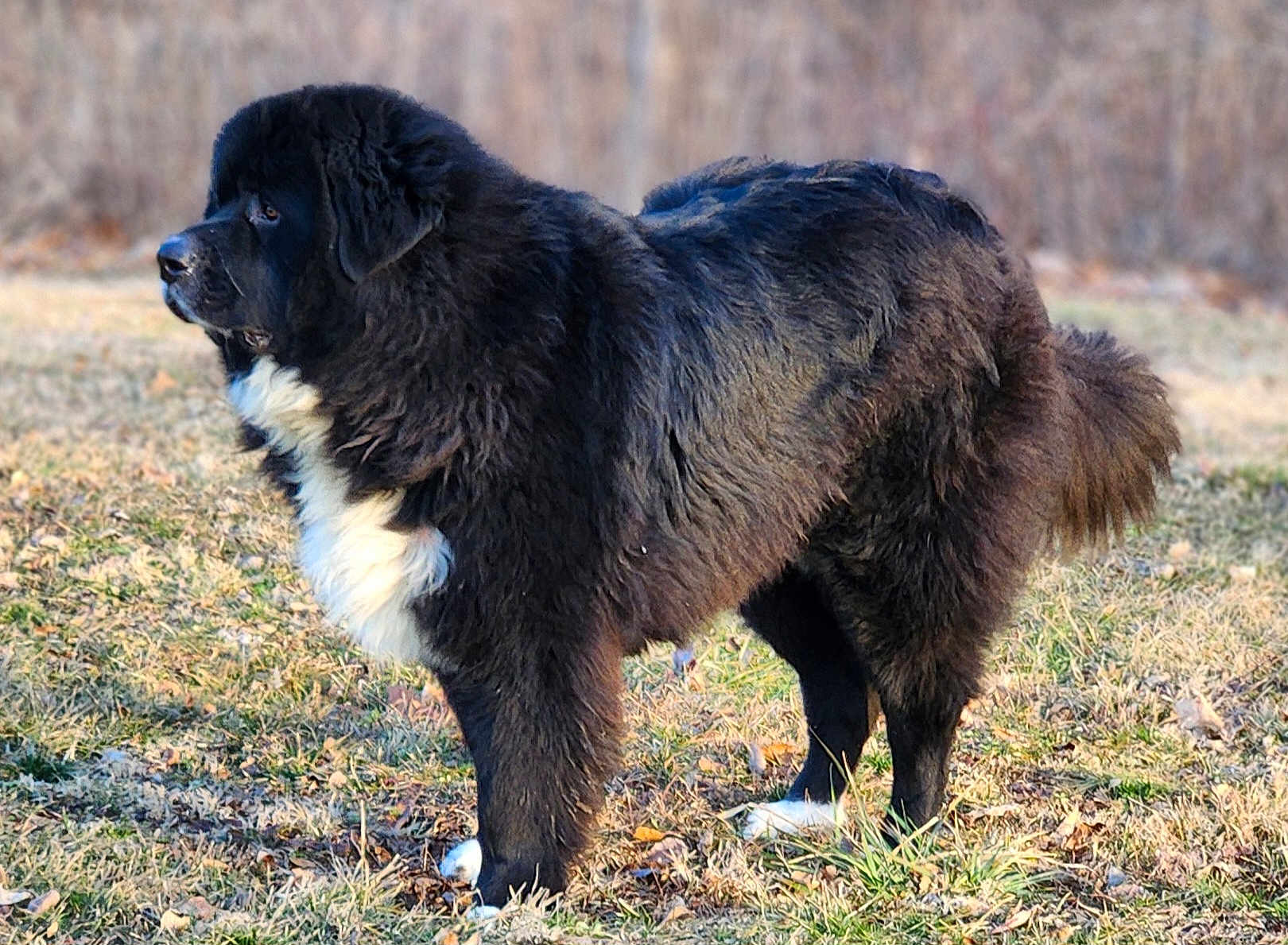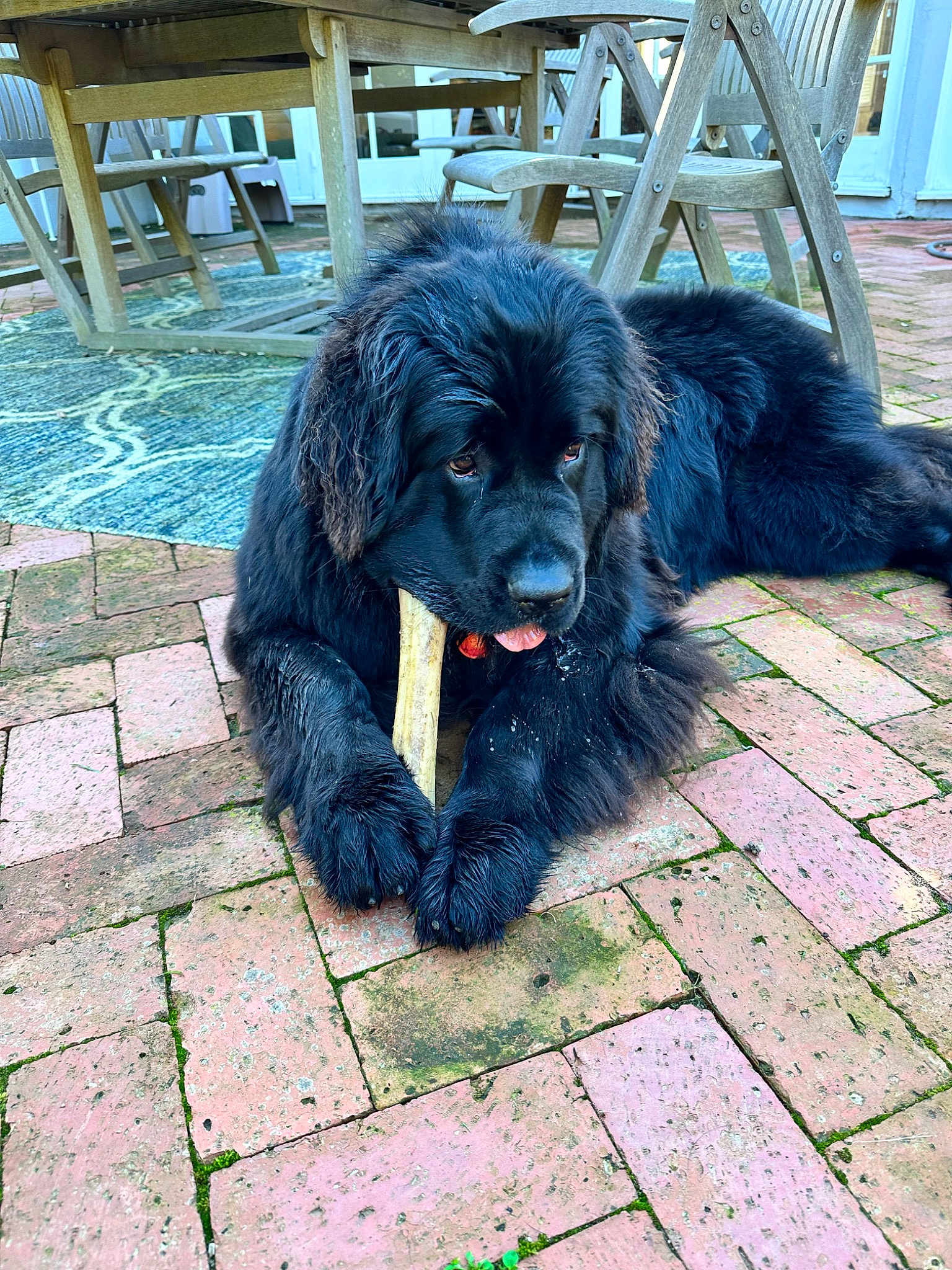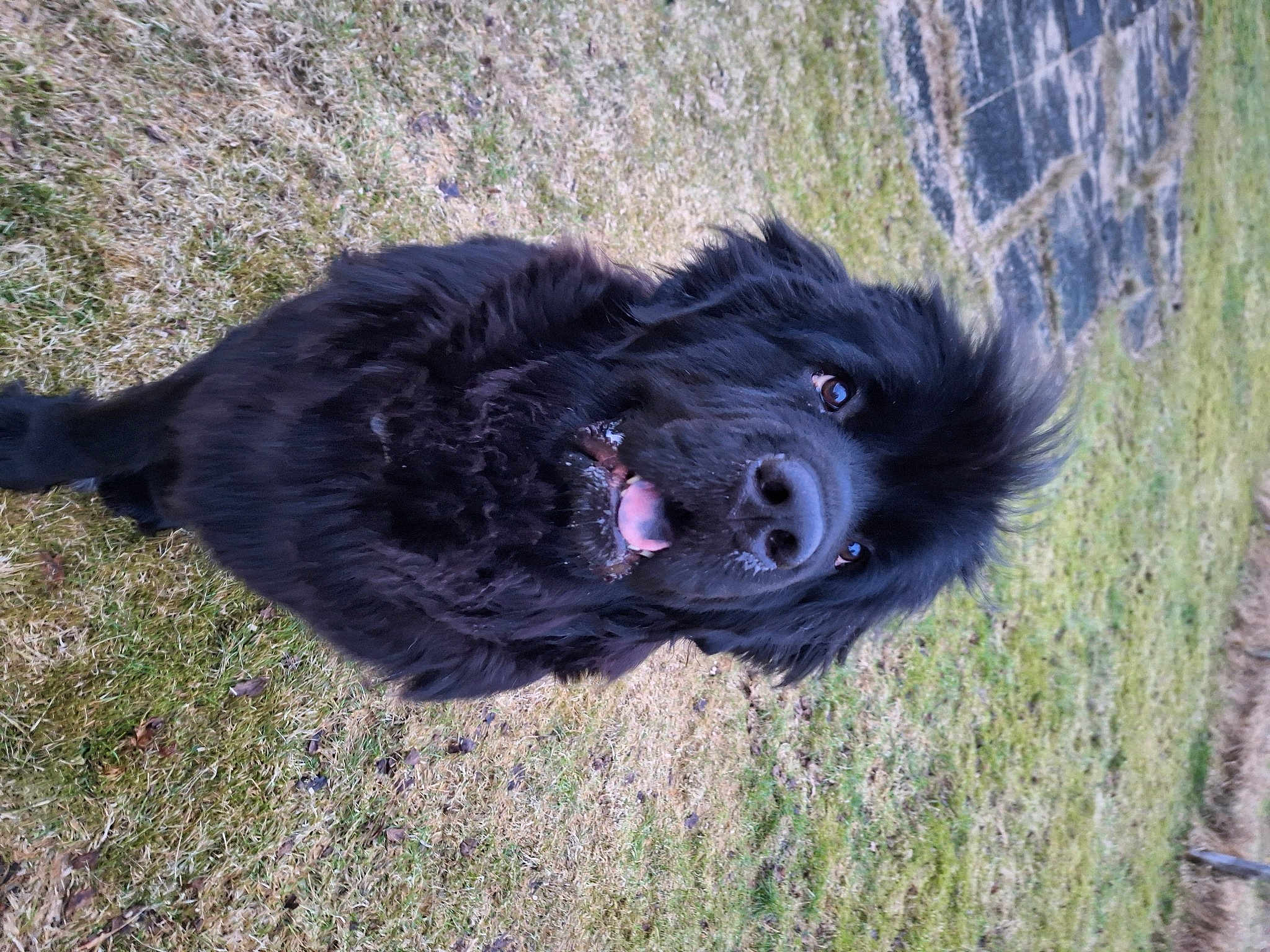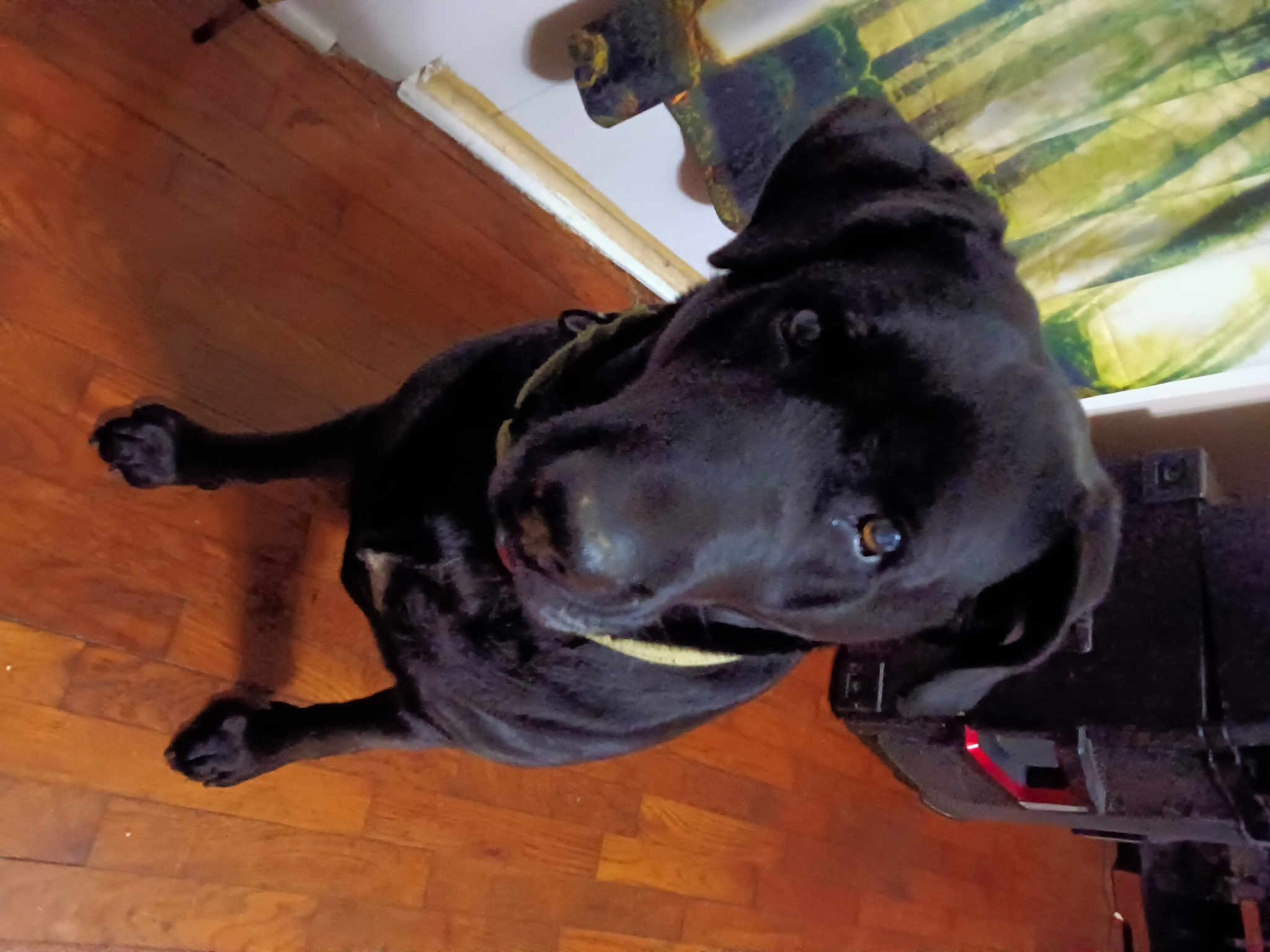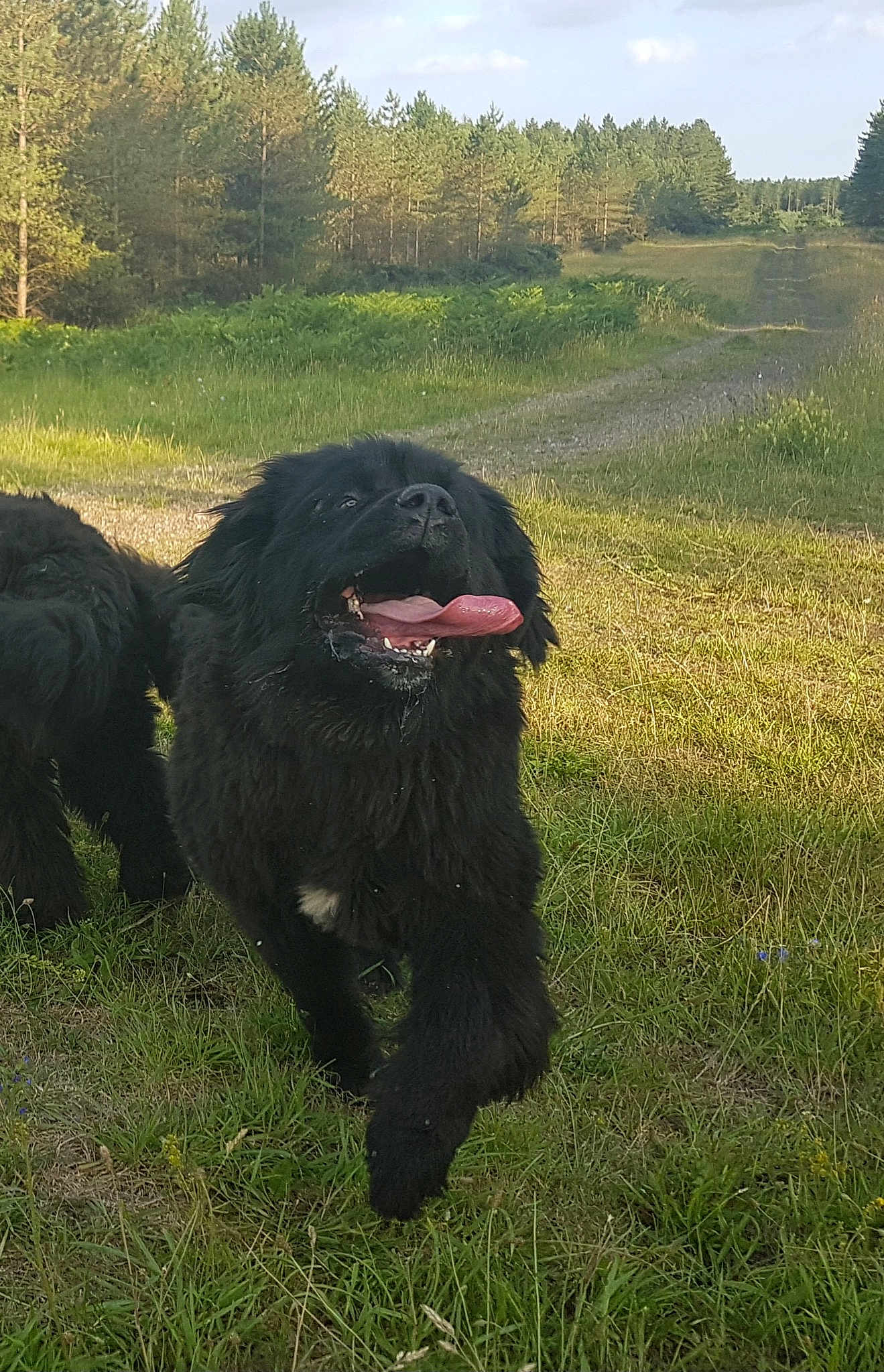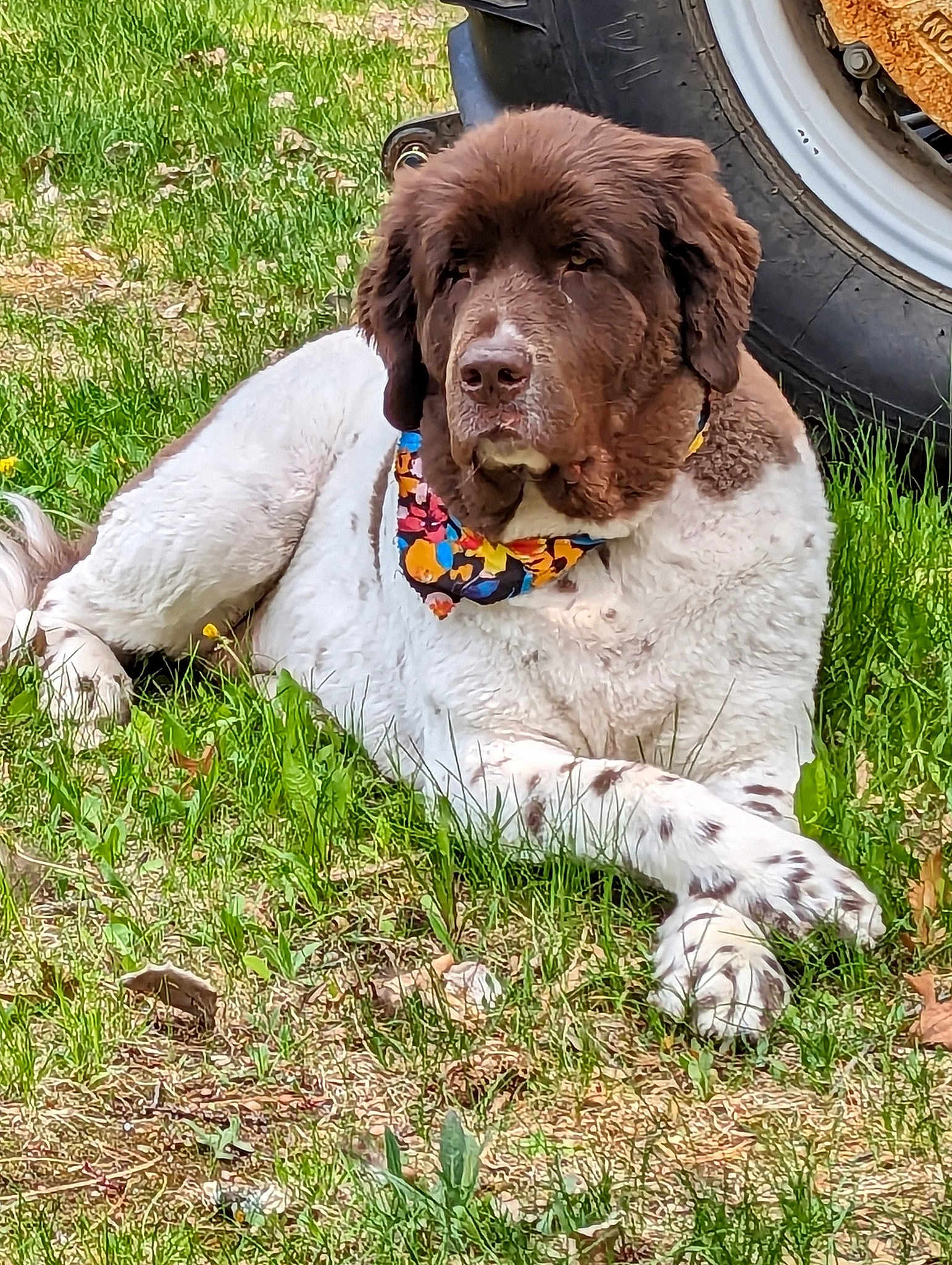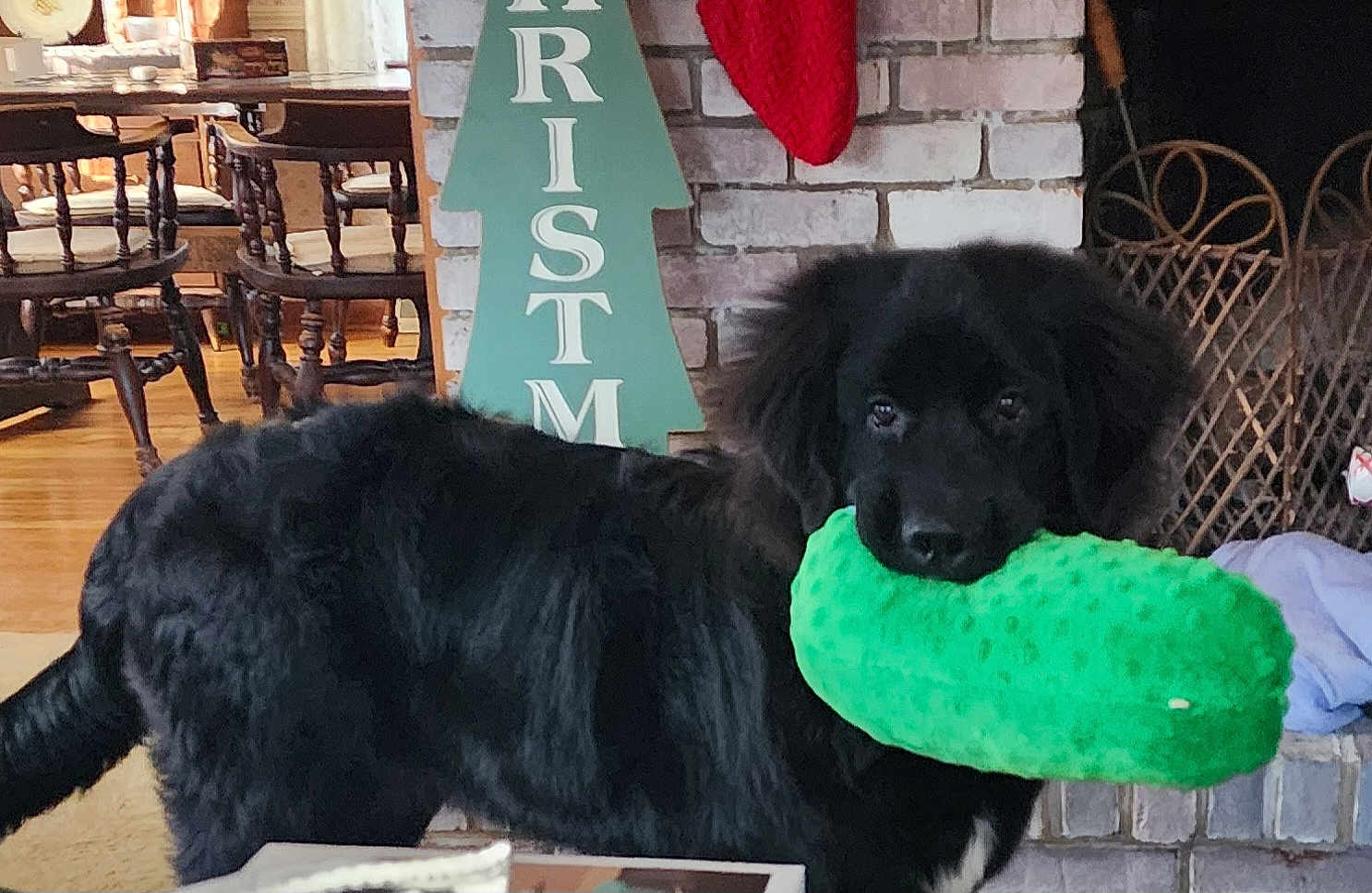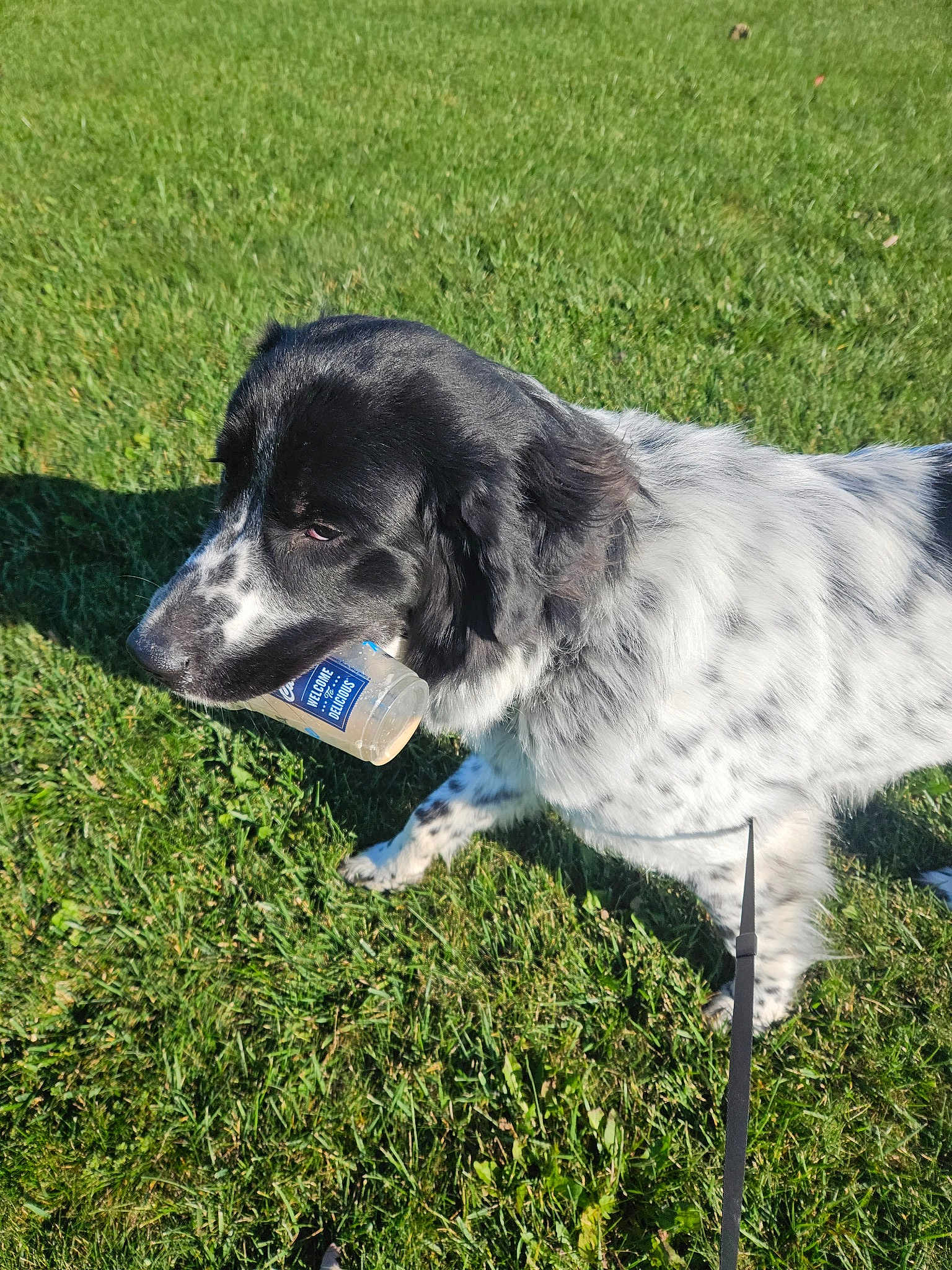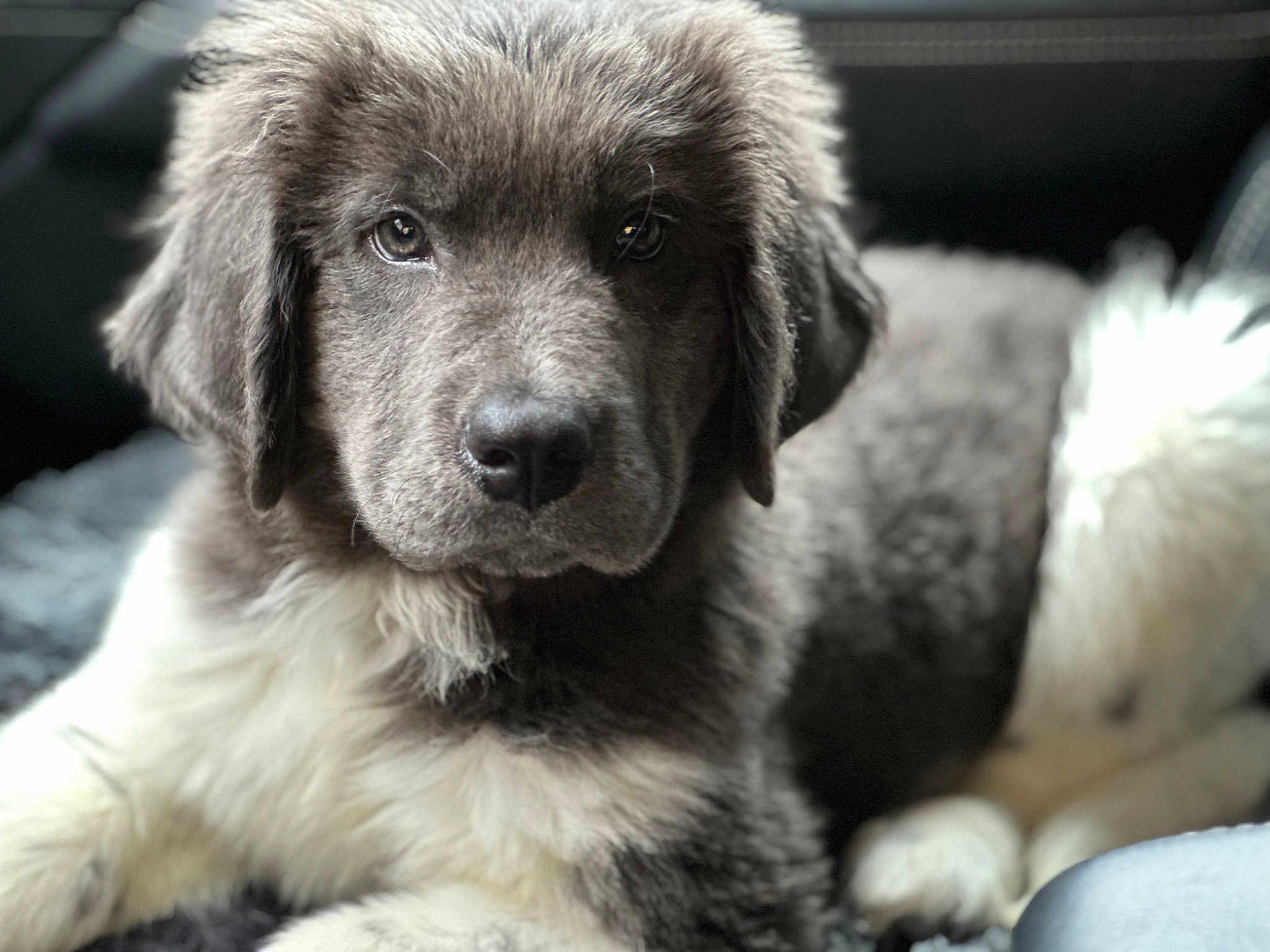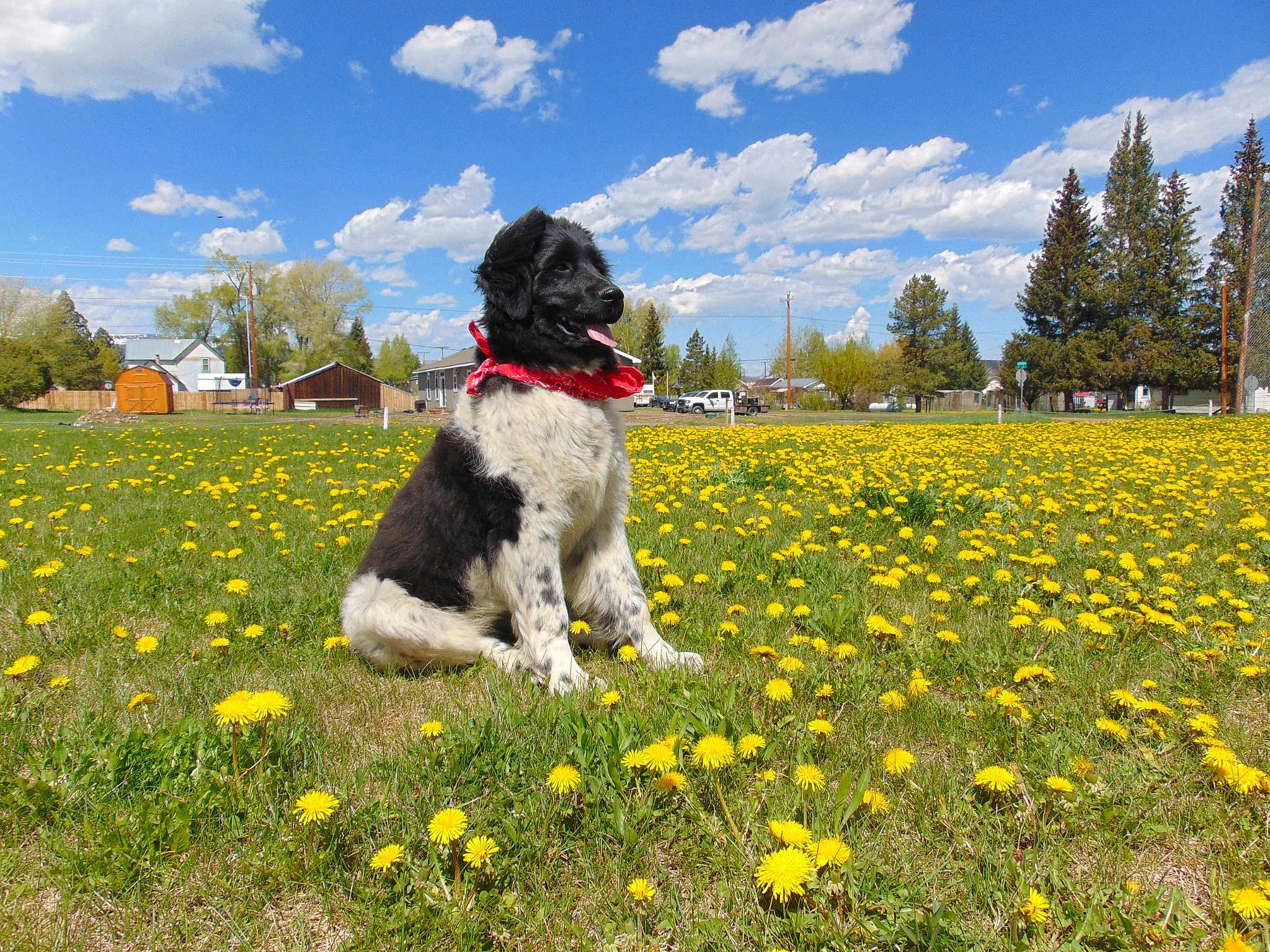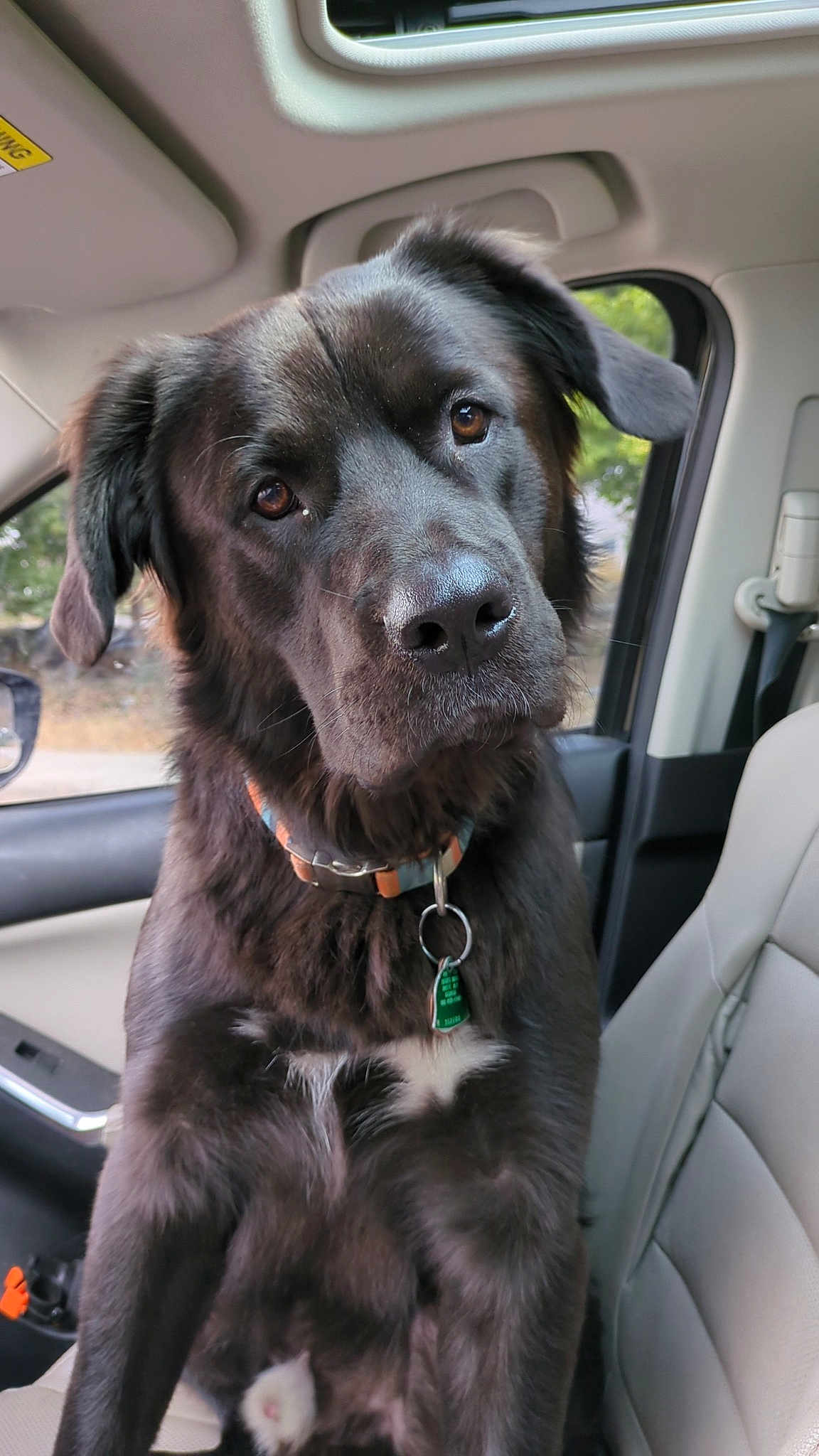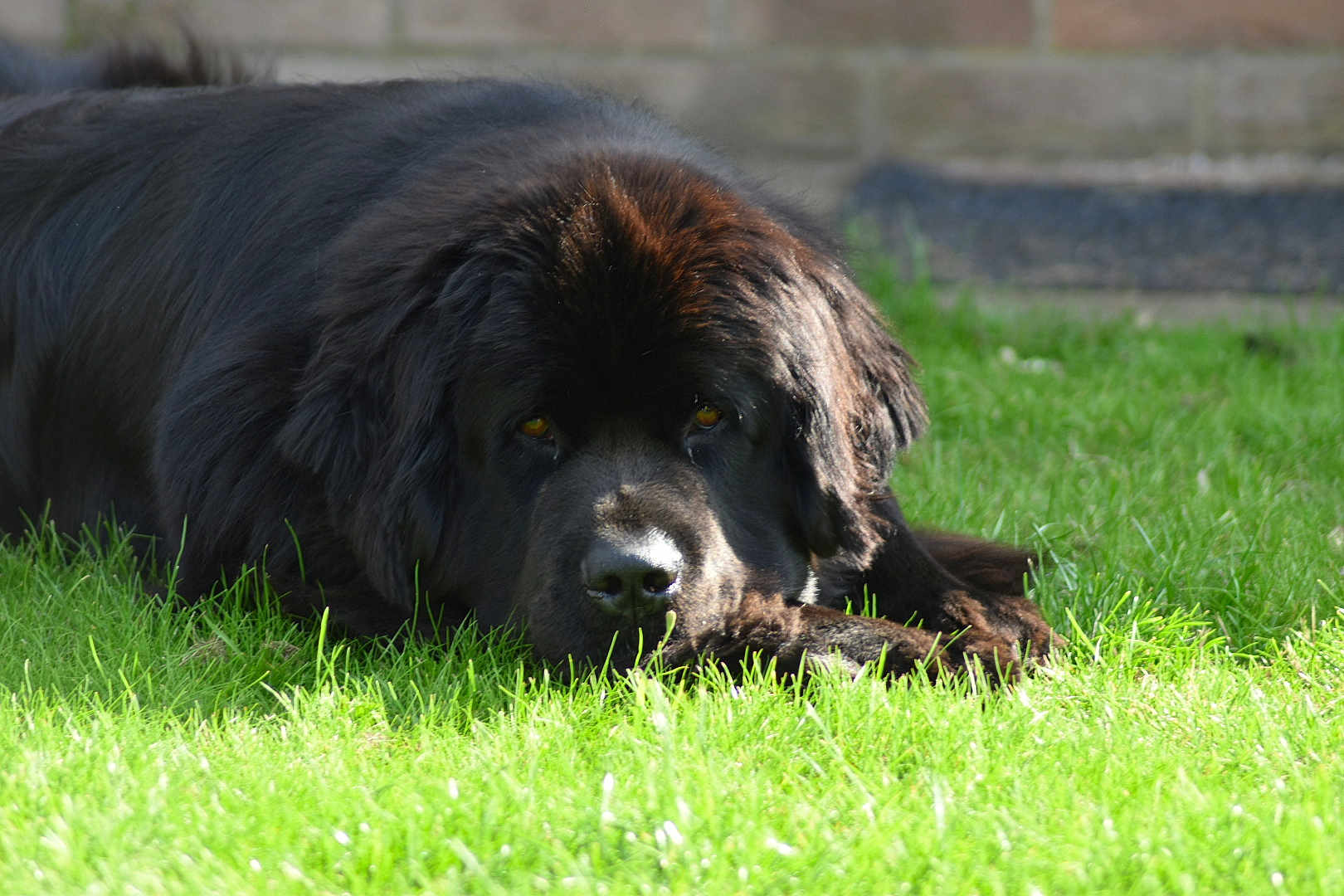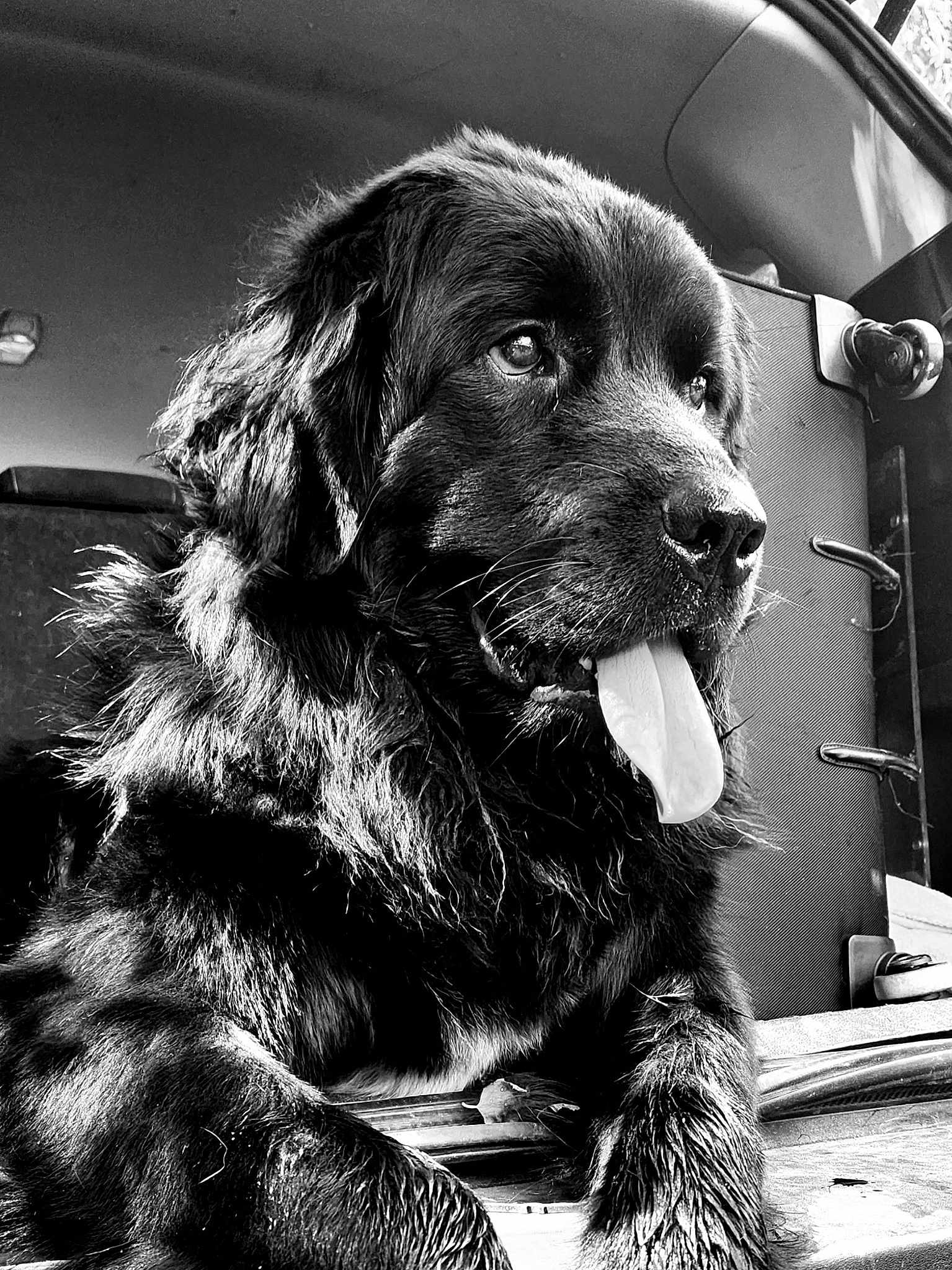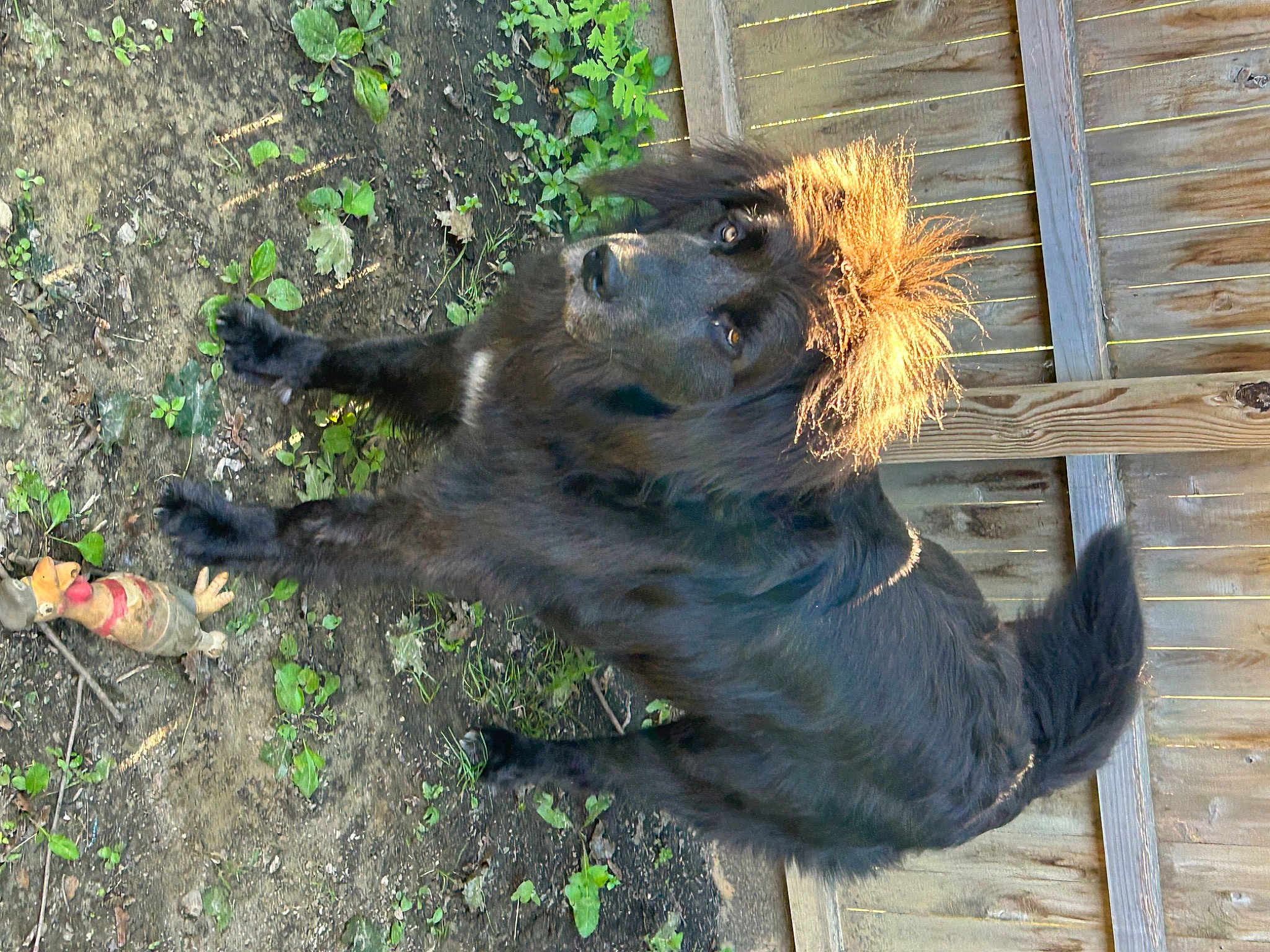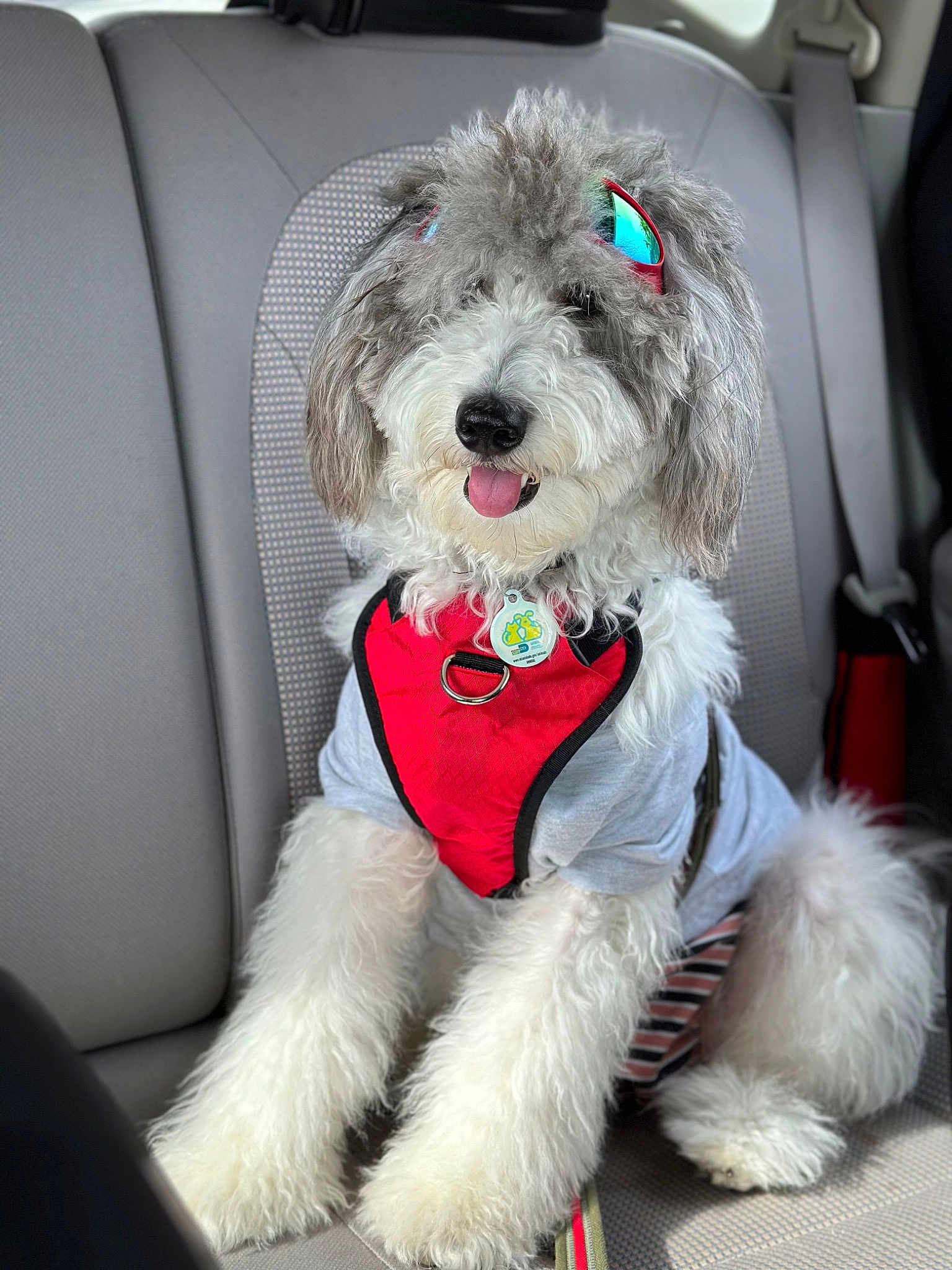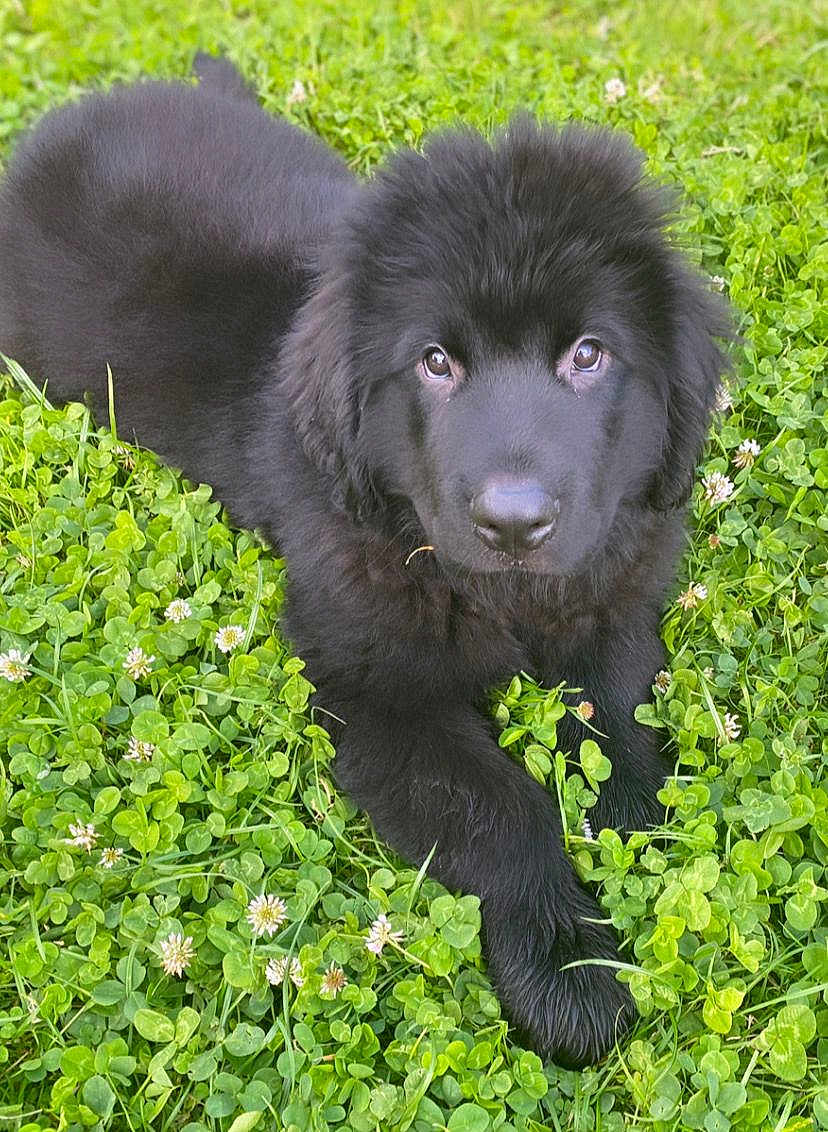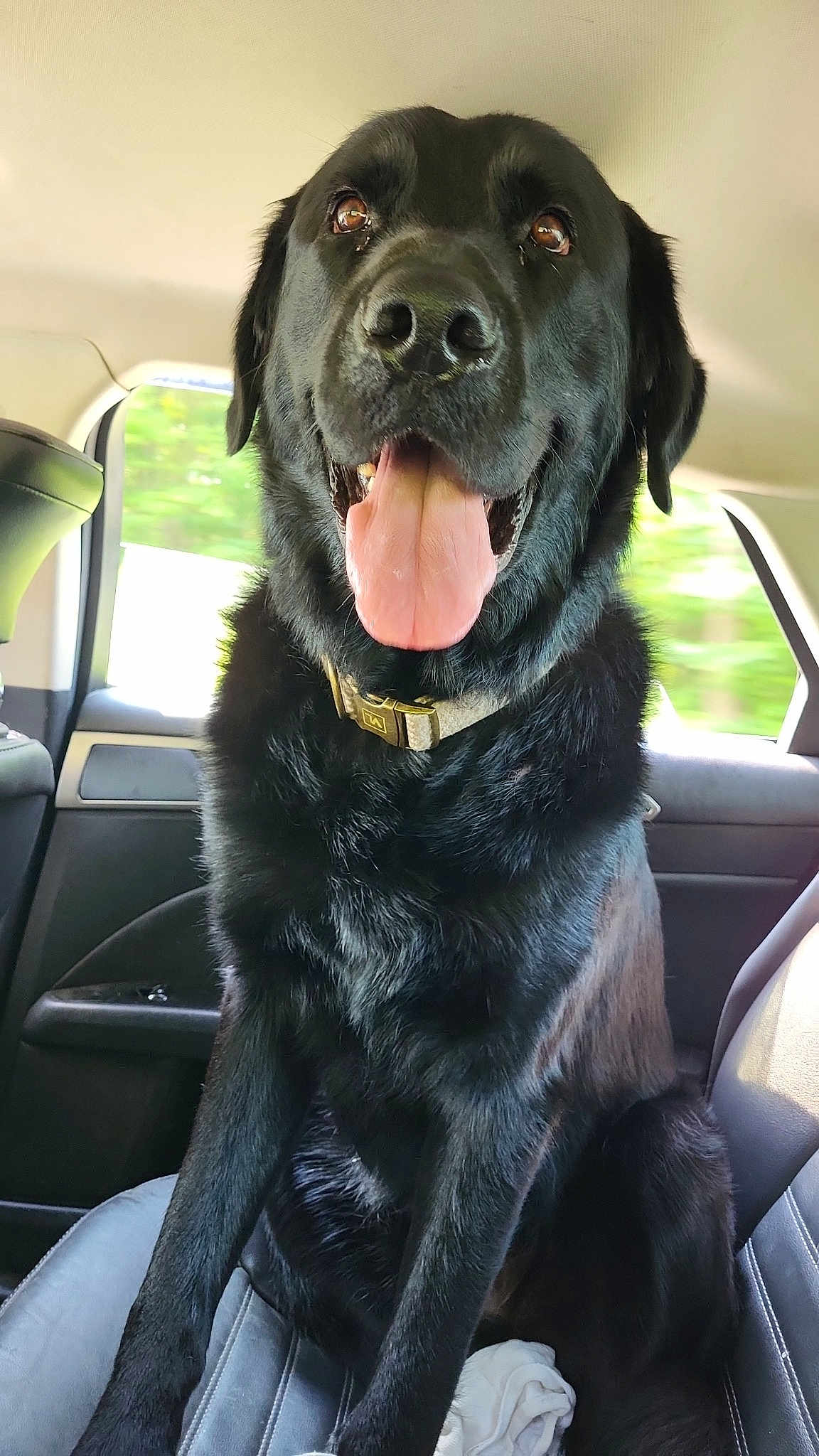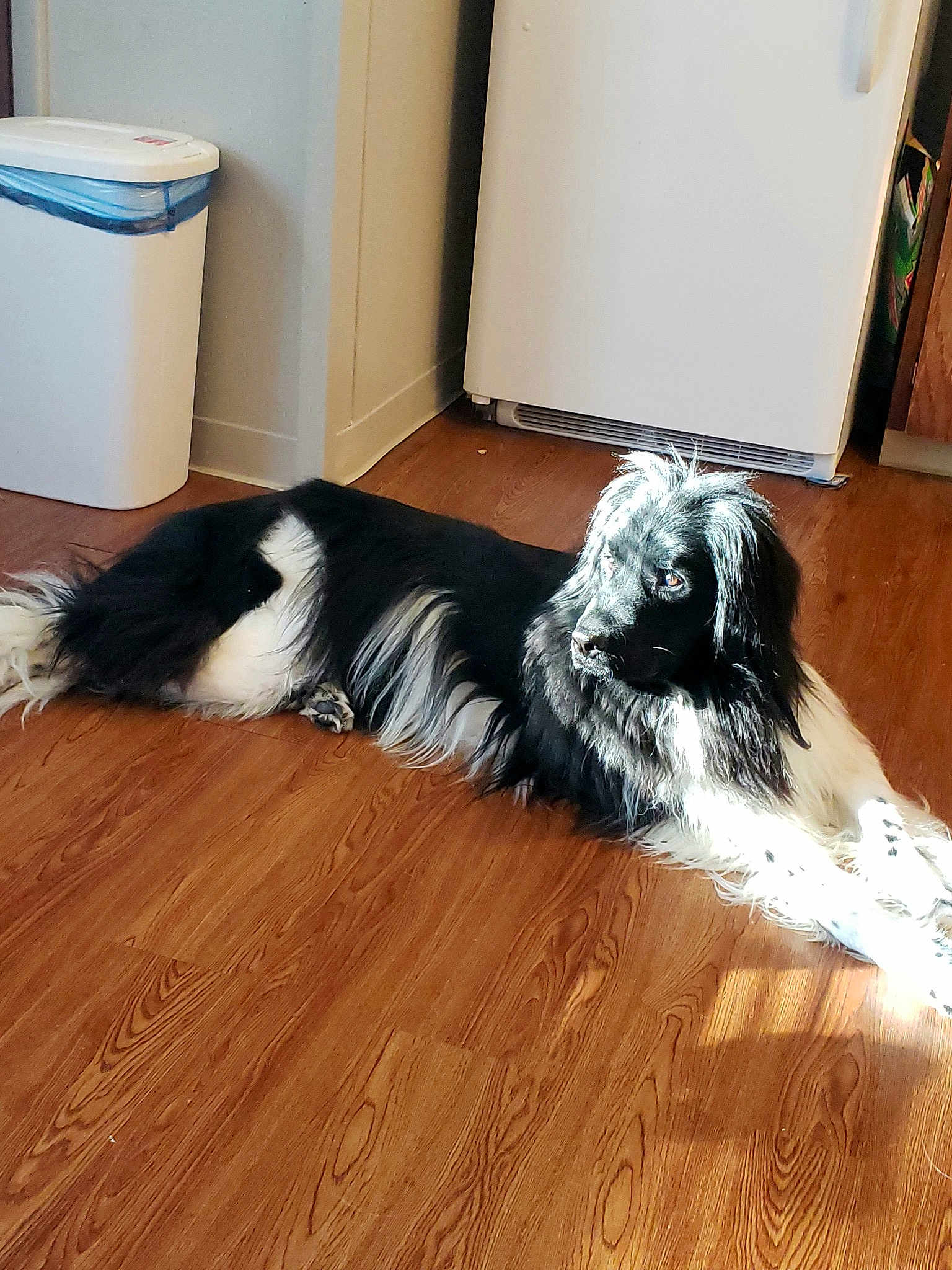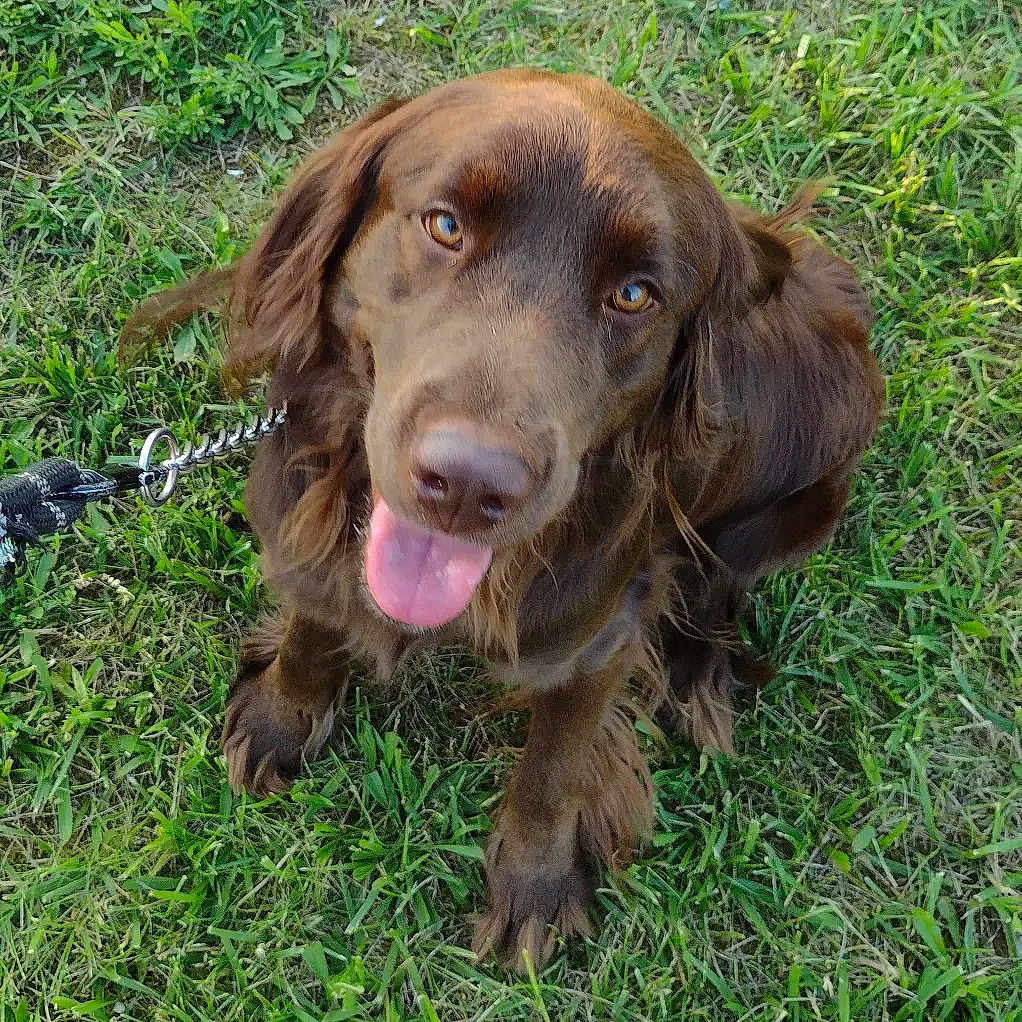
"Newfoundland dogs exemplify gentle giants, carrying a serene temperament coupled with an undeniable strength — a perfect blend that has made them beloved companions for centuries."
Delving into the diverse world of dog breeds offers an enchanting journey through various histories, cultures, and characteristics that each breed represents. The Newfoundland breed stands out not only for its sheer size and presence but also for its rich history and distinct traits that make it a unique addition to any family.
Personality and Behavior of the Newfoundland
Newfoundlands are often described as the epitome of gentle giants. Their temperament is generally calm and good-natured, embodying a peaceful demeanor that is both endearing and reliable. They are known for their loyalty and deep bond they form with their family, often playing the role of the gentle guardian. This breed's patient and docile nature makes them excellent pets for families with children, as they are incredibly tolerant and protective.
One of the standout characteristics of the Newfoundland breed is its remarkable affinity for water. Historically used by fishermen in Newfoundland, Canada, these dogs were essential for water rescues, hauling nets, and retrieving lost fishing gear. Their swimming prowess is complemented by their webbed feet and water-resistant coat, making them exceptional swimmers. This natural inclination towards water play often results in delightful moments for owners, particularly those who live near water bodies.
Newfoundlands also exhibit profound intelligence and an eagerness to please, which contributes to their trainability. They are often observed demonstrating empathy and understanding, aligning well with therapeutic and rescue roles. Their calm and composed nature, underscored by a sincere willingness to assist, makes them an invaluable companion in various service and support capacities.
Meanings, History and Origins of the name Newfoundland
The name "Newfoundland" derives directly from the place where the breed originated — the island of Newfoundland in Canada. The breed's history is intrinsically linked to the island's rugged fishing culture, where these dogs were indispensable for their strength and swimming capabilities. They are believed to be descended from a mix of indigenous Canadian dogs and large European breeds brought by fishermen and settlers in the early 17th century.
The Newfoundlands' name embodies their geographical and cultural heritage, a tribute to their role in the development of the local fishing industry. Their remarkable ability to brave cold waters and perform laborious tasks not only showcases their physical prowess but also their historical importance in the livelihoods of coastal communities.
Moreover, the Newfoundland breed gained recognition and admiration beyond the borders of Canada. Their impressive size, combined with their gentleness and work ethic, earned them a place in various working capacities worldwide. Today, they are a symbol of strength and benevolence, with their name continuing to evoke images of heroic rescues and loyal companionship.
Popularity of the Newfoundland
The overall popularity of the Newfoundland breed has seen fluctuations over the years, but their steady presence in both historical and modern contexts speaks volumes about their enduring appeal. Known for their amicable personality and practical utility, Newfoundlands have captivated dog lovers worldwide.
In English-speaking countries, the Newfoundland has carved out a significant niche. In the United States and the United Kingdom, they are valued not only as family pets but also as show dogs and working animals. Their impressive physical stature and calm disposition make them a highlight at dog shows, often drawing admiration and interest.
Globally, the breed enjoys popularity particularly in colder climates where their thick, insulating coat is advantageous. In countries such as Russia, Norway, and Switzerland, the Newfoundland is cherished for its resilience to harsh weather and its amiable companionship. The breed's international presence cements its status as a beloved and respected member of the canine community.
"One remarkable story highlights a Newfoundland named Rigel, who swam beside a lifeboat in the icy waters of the North Atlantic for over three hours, ultimately saving many lives during the Titanic tragedy."
Health and Care of the Newfoundland
Newfoundlands, with their robust build and dense fur, have specific health and care needs that prospective owners should be aware of. Common health issues in the breed include hip dysplasia, elbow dysplasia, and heart conditions such as subvalvular aortic stenosis (SAS). Regular veterinary check-ups are crucial to monitor and manage these conditions effectively.
Given their size, Newfoundlands also require a well-balanced diet to maintain optimal health. High-quality dog food designed for large breeds is essential, as it provides the necessary nutrients and supports joint health. Owners should be cautious of overfeeding, as obesity can exacerbate joint problems and other health issues.
Grooming is another critical aspect of Newfoundland care. Their thick, double coat requires regular brushing to prevent matting and to remove loose hair. Additionally, frequent ear cleaning, nail trimming, and teeth brushing are essential to maintain overall hygiene and health. Providing ample space and opportunities for exercise is also crucial, not just for their physical health but to prevent boredom and anxiety.
Training and Education of the Newfoundland
When it comes to training, Newfoundlands are generally eager learners, thanks to their intelligent and friendly nature. Positive reinforcement techniques work best with this breed, as they respond well to praise and rewards. Consistency and patience are key, as some Newfoundlands may exhibit a stubborn streak.
Socialization from a young age is important to ensure that they grow up to be well-rounded and confident dogs. Exposing them to different environments, people, and other animals will help them adjust better to various situations. Due to their size, early training in basic commands and proper leash behavior is essential to manage their strength.
Newfoundlands also thrive with mental stimulation. Engaging them in activities that challenge their mind, such as puzzle toys or obedience training, can help keep them mentally sharp and content. Given their history as working dogs, they often enjoy tasks that involve exercise and problem-solving, making activities like agility training or water rescue drills particularly enjoyable for them.
Choosing the right dog breed involves considering various factors such as lifestyle, environment, and personal preferences. For families and individuals seeking a combination of strength, gentle demeanor, and loyalty, the Newfoundland breed offers an exceptional match.
The enduring significance of dog breeds lies in their ability to bring joy, companionship, and purpose into our lives. At KingPet, we have a lot of Newfoundland participating in contests, showcasing their charm and appeal. Choosing a Newfoundland can be a rewarding experience, promising a life filled with affection, adventure, and unwavering loyalty.
































